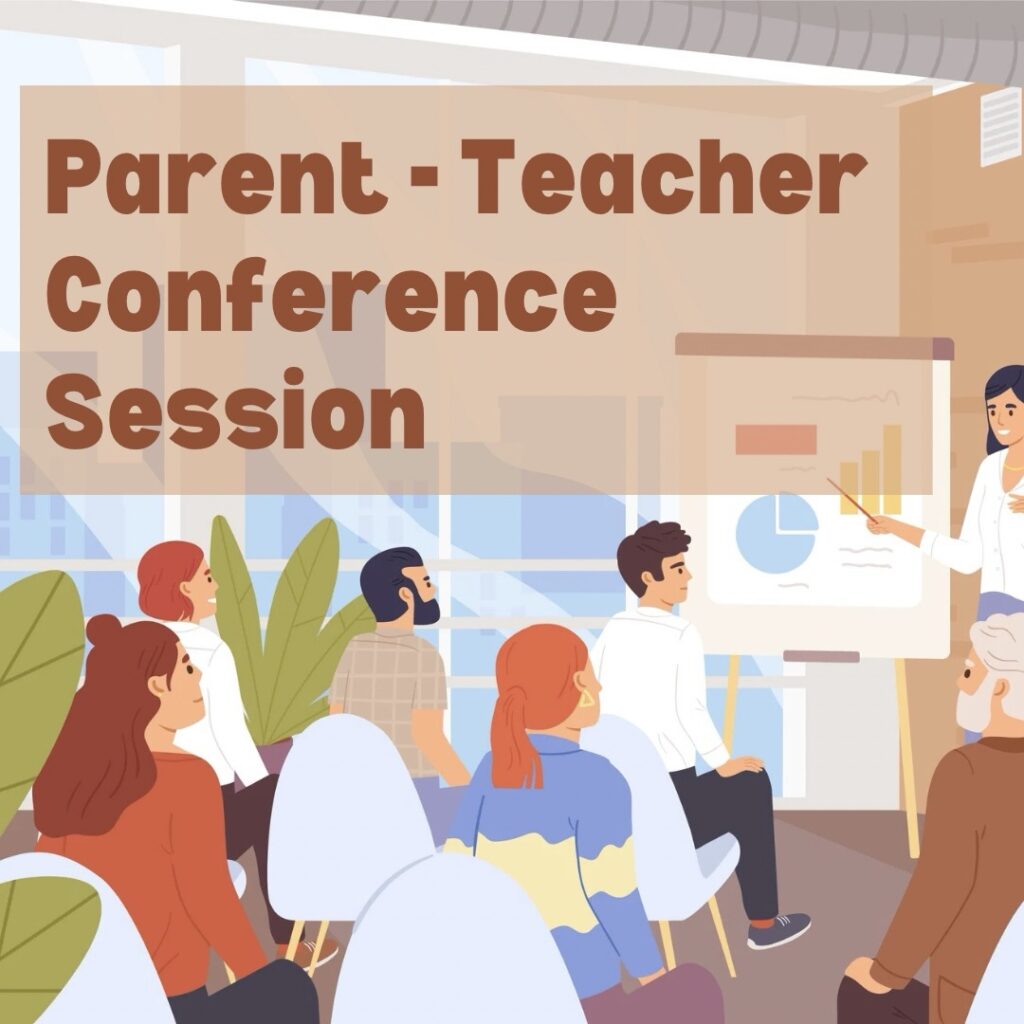Foster parents play a crucial role in their child’s education, and open communication with teachers is essential for supporting the child’s well-being and academic success. Here are some important conversations for foster parents to have with their child’s teacher:
1. Background and Context
– Child’s History Share relevant information about the child’s background, such as past trauma, previous school experiences, or any significant changes in their life.
– Emotional and Behavioral Triggers : Discuss any known triggers that may cause the child distress, such as loud noises, certain topics, or specific situations.
– Cultural and Family Dynamics : If applicable, explain any cultural practices or family dynamics that the teacher should be aware of.
2. Educational Needs
– Learning Strengths and Challenges : Provide insight into the child’s learning style, strengths, and areas where they may need additional support.
– Previous Educational Gaps : If the child has experienced disruptions in their education, discuss any potential gaps in knowledge or skills that may need to be addressed.
– IEP or 504 Plan : If the child has an Individualized Education Program (IEP) or 504 Plan, ensure the teacher is familiar with it and understands how to implement it effectively.
3. Emotional and Social Support
– Emotional Well-Being : Talk about the child’s emotional state, including how they handle stress, express emotions, and interact with peers.
– Peer Relationships : Discuss any challenges the child may have in forming friendships or interacting with other students, and ways the teacher can facilitate positive social interactions.
– Safe Space or Coping Strategies : If the child has specific coping strategies or needs a designated safe space in the classroom, work with the teacher to establish these supports.
4. Communication Preferences
– Regular Updates : Establish a communication plan for regular updates on the child’s progress, behavior, and any concerns that may arise.
– Emergency Contacts : Provide the teacher with a list of emergency contacts, including the foster care caseworker and any other relevant parties.
– Preferred Methods of Communication : Discuss whether you prefer email, phone calls, or in-person meetings for ongoing communication.
5. Expectations and Goals
– Academic Goals : Collaborate with the teacher to set realistic academic goals for the child, considering their current abilities and any challenges they face.
– Behavioral Expectations : Clarify behavioral expectations and any strategies the teacher can use to help the child meet them.
– Long-Term Planning : If applicable, discuss any long-term educational or personal goals for the child, such as transitioning to a new school or preparing for higher education.
6. Support Resources
– Additional Services : Inform the teacher about any additional services the child is receiving, such as counseling, tutoring, or mentoring, and how these might impact their school experience.
– Collaboration with Support Staff : Encourage the teacher to collaborate with school counselors, psychologists, and other support staff who work with the child.
Having these conversations will help ensure that the child receives the necessary support to thrive academically, emotionally, and socially.


